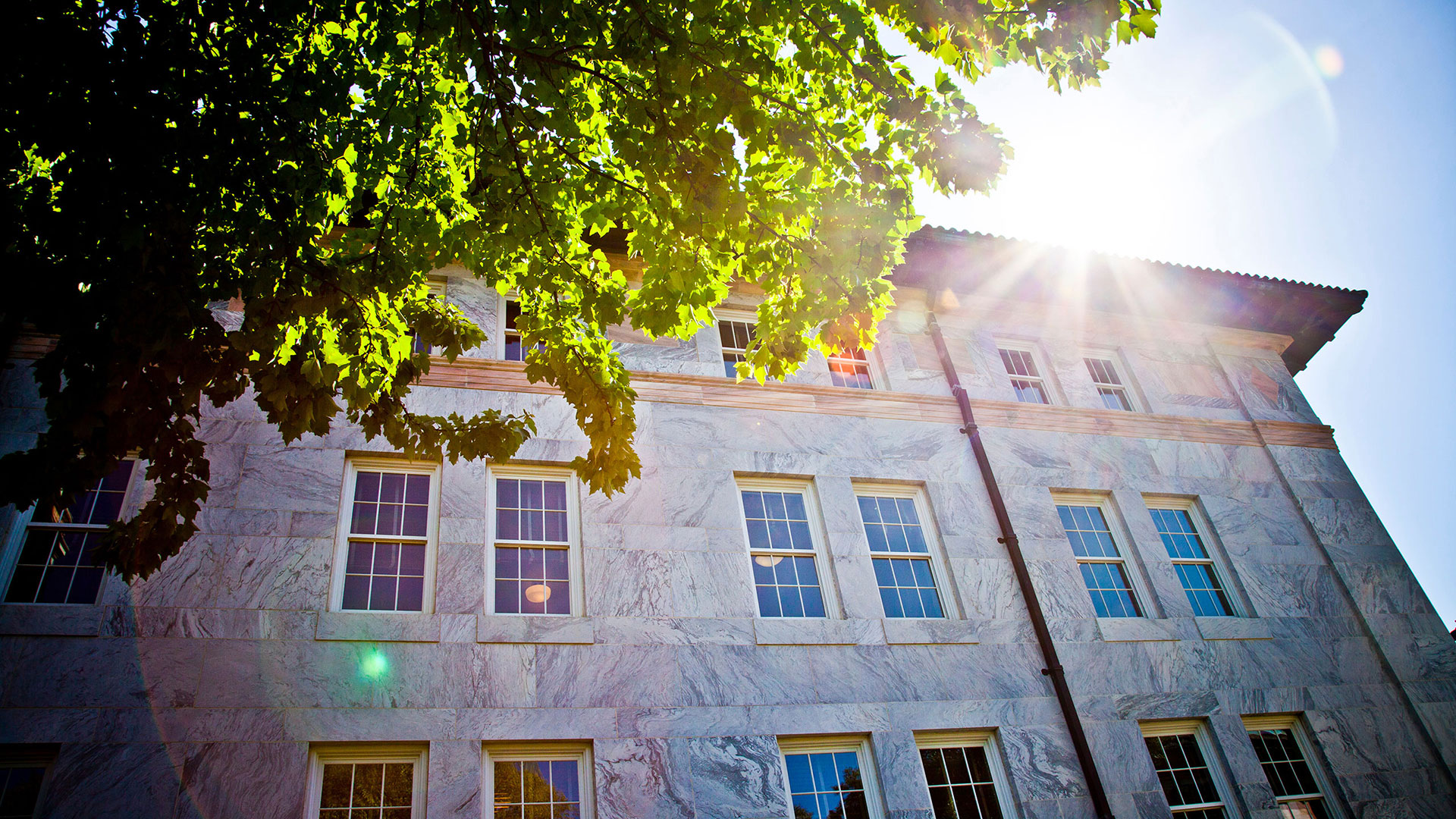
Academic Freedom
The Declaration and Defense of Emory WGSS’s Commitment to Academic Freedom
We, the Department of Women’s, Gender, and Sexuality Studies at Emory University, insist on our right and duty as academics to teach, discuss, and research wherever inquiry leads. Women’s, Gender and Sexuality Studies is founded on critical inquiry of pedagogy, theory, and praxis. Our field is invested in scholarship that supports the interrogation of sexism, homophobia, anti-trans violence, racism, ethnic violence, even and especially when they are mobilized by the state under the frame of law. We are also attuned to questions of the colonial legacies of harm and occupation. Our field and the many disciplines that comprise it also enable WGSS scholars to investigate questions about who is viewed as human, and who is denied their humanity.
We are a community forged around discovery and the dissemination of knowledge. These are our essential values and commitments as professors, researchers, and teachers. Freedom of expression is important precisely because it establishes the environment for the creation of ideas that may be provocative, new, unorthodox, even disturbing. This includes debate and deliberation of ideas that some members of the Emory community and beyond may find offensive, unwise, or wrong-headed, as well as accepting criticisms and analysis that reveal our own compromises and complicities with how universities participate in silencing, or creating climates that discourage discussion. In an educational community, discomfort is an important element in our learning. As such, on-going discussion is central to our commitments to resist anti-Semitism and Islamophobia.
At a time of such immense grief and loss, when history has taught us that protest is a component of campus life that accompanies the unfolding of wars; and as scholars whose work is collectively committed to the interrogation of various forms of violence, including that unfolding in other global arenas that have received less attention than Gaza – we are committed to defending and advancing the rights of our faculty and students to discuss and disagree, including about Palestine and Israel, both in the classroom and out.